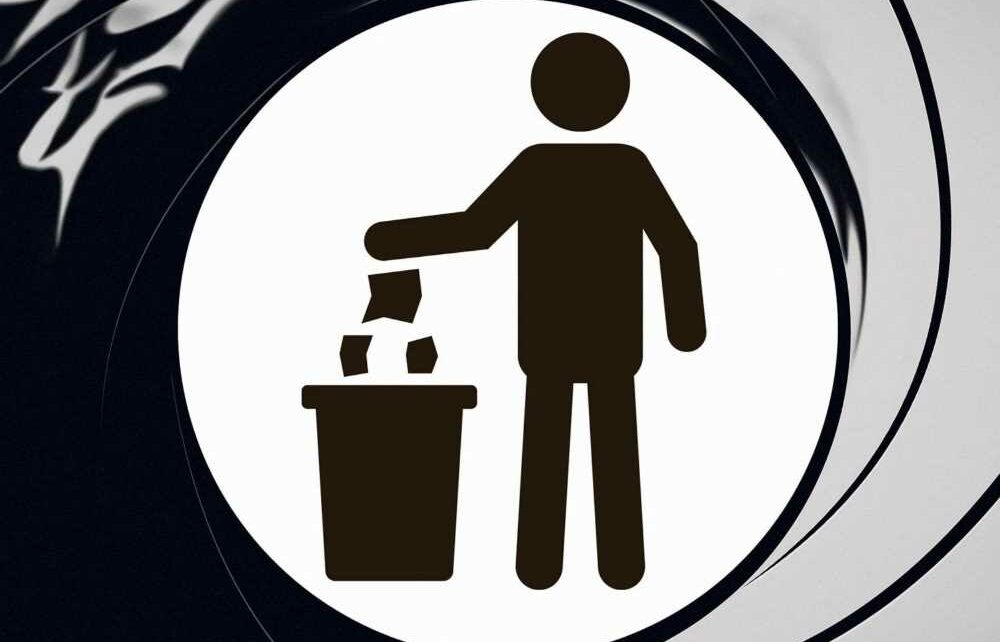MI5 has revealed details of a crack covert unit — of litter-picking spies.
Team Green, as it is officially known, is a group of spooks who volunteer to clear rubbish from parks and areas near its HQ.
The eco-friendly James Bonds are part of a new era of secret agents who have vowed to defend Britain, while being environmentally conscious.
A source said: “MI5 wants to show that it is an organisation in tune with the aspirations of younger generations.
“Keeping the country safe and hunting terrorists doesn’t mean it can’t be done sustainably.”
Spy chiefs have also offered staff incentives for switching to reusable coffee cups.
READ MORE ON SPIES
The A-listers with undercover roles after 007 star Topol revealed as spy
Stakeknife was UK’s golden spy but the truth about IRA agent is terrifying
And MI5 director general Ken McCallum has introduced “Meat Free Mondays” as part of the onsite canteen’s menu at Thames House in central London.
A post on social media says the move was “to encourage staff to consider the impact diet can have on the environment”.
In further green drives, water efficient taps at MI5’s operating centres across the UK have reduced its water consumption by around 14 per cent.
Solar panels have also been installed at its top secret sites.
Most read in News
Corach Rambler snatches WIN in epic Grand National race after delay – latest
Who won the Grand National? FULL race results and horse placing
Hollywood star unrecognisable years after huge film roles on rare public outing
Paul O'Grady cause of death confirmed after star’s ‘sudden’ tragic death age 67
MI5 chiefs have also been trying to make the service more attractive to prospective spies with social groups such as a jazz band and film club.
The movie club meets monthly and says: “The films are often related to our work but also includes documentaries and foreign subtitled films for our budding linguists.”
Source: Read Full Article









